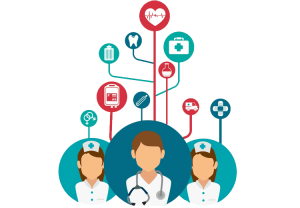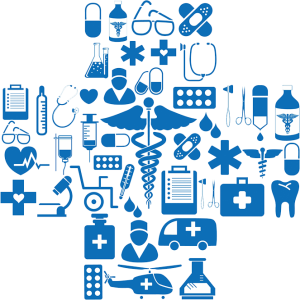The pursuit of a fulfilling and lucrative career is a decision that often requires careful consideration. When it comes to healthcare, the question looms large: is healthcare a good career path? In this article, we will delve into the various aspects that make healthcare an attractive option for many, exploring the advantages, challenges, and the future outlook of careers in this vital industry.